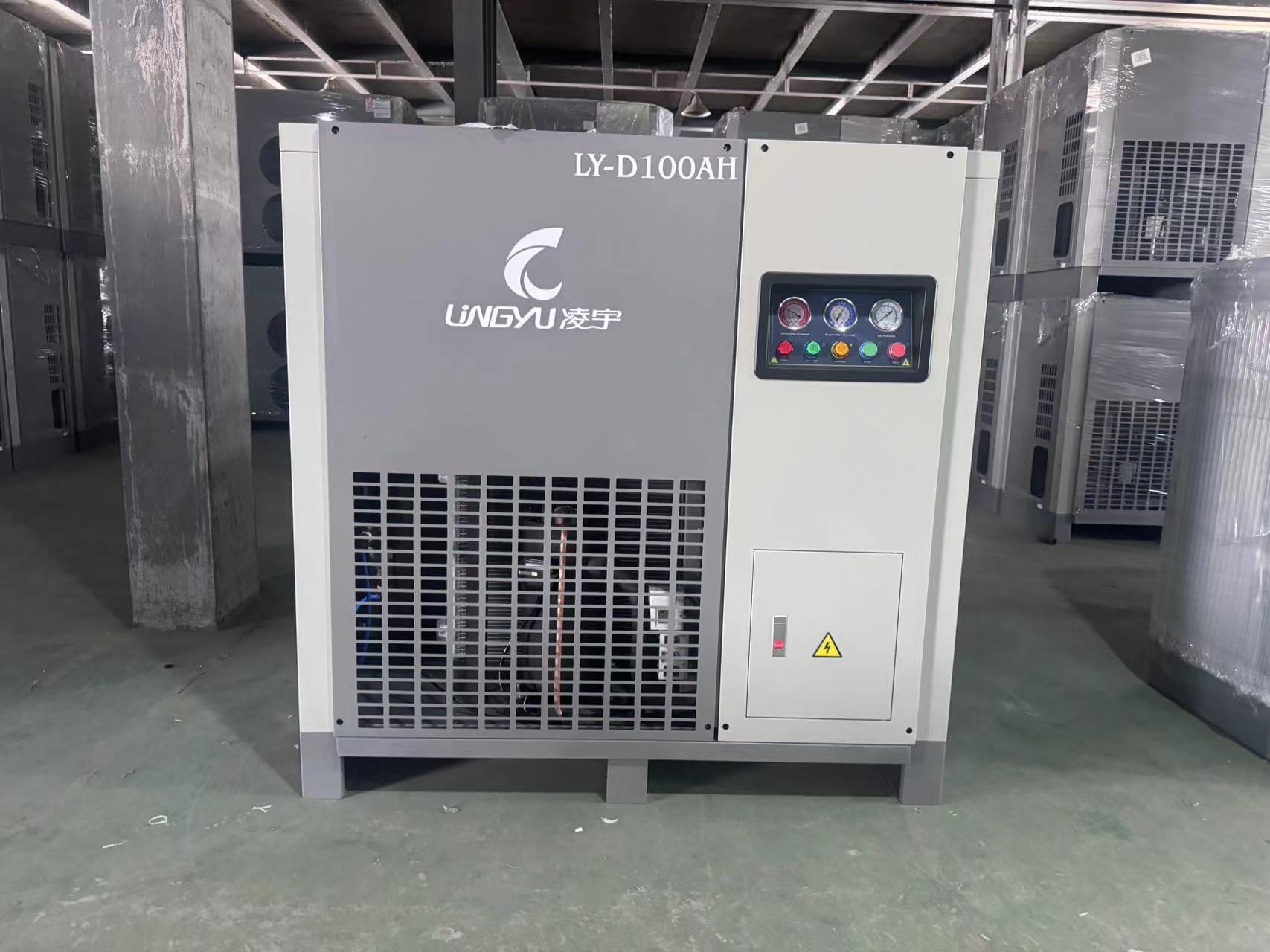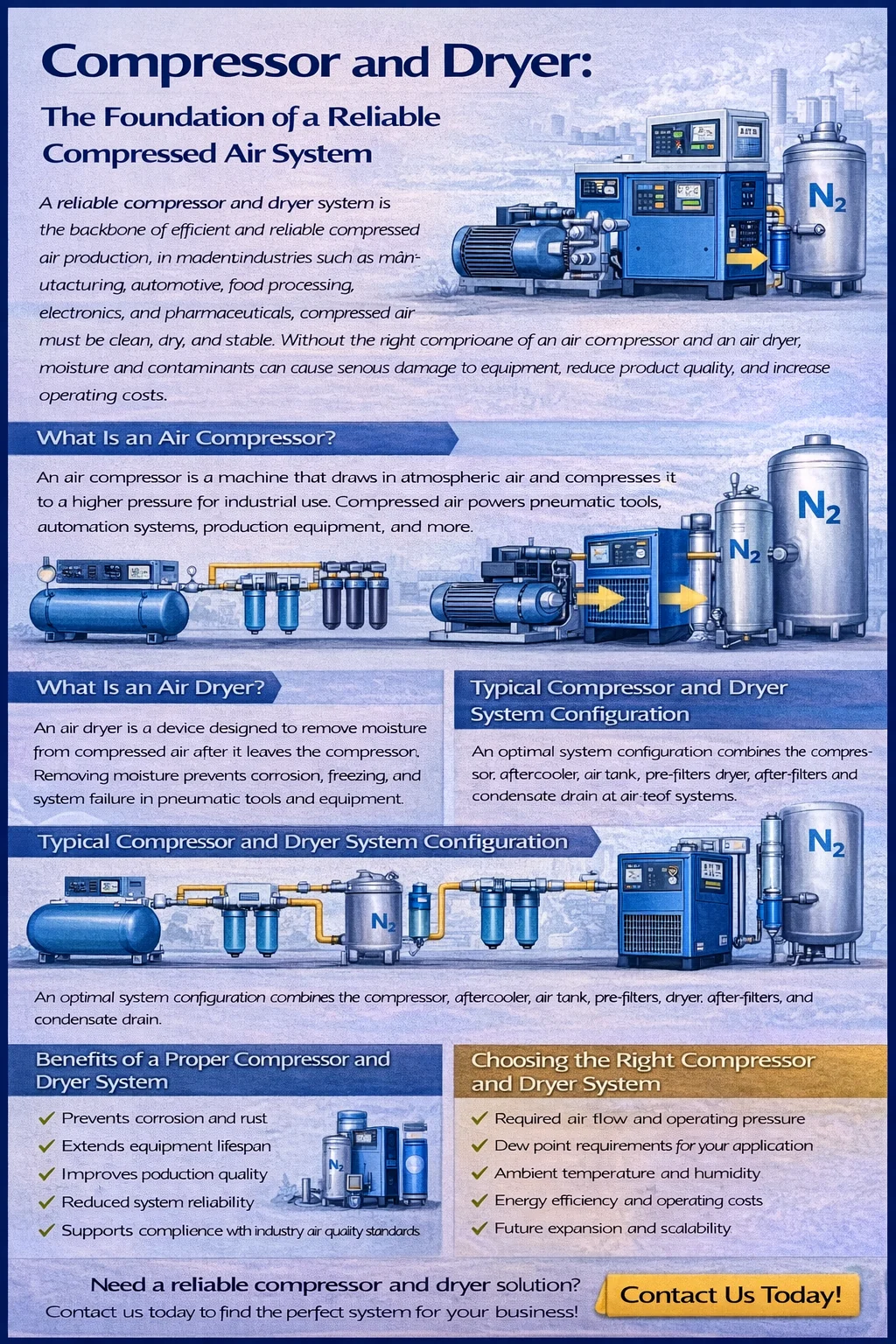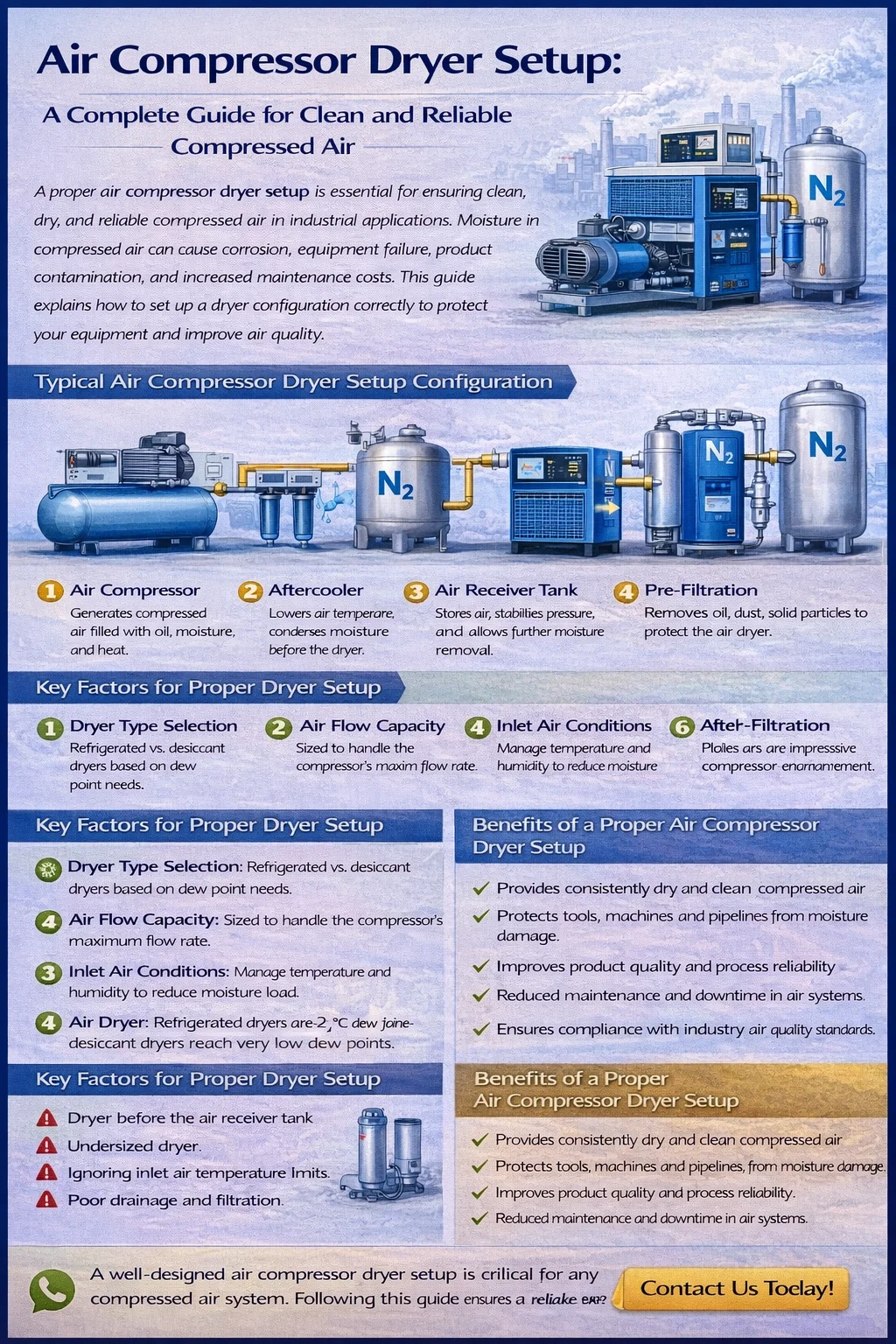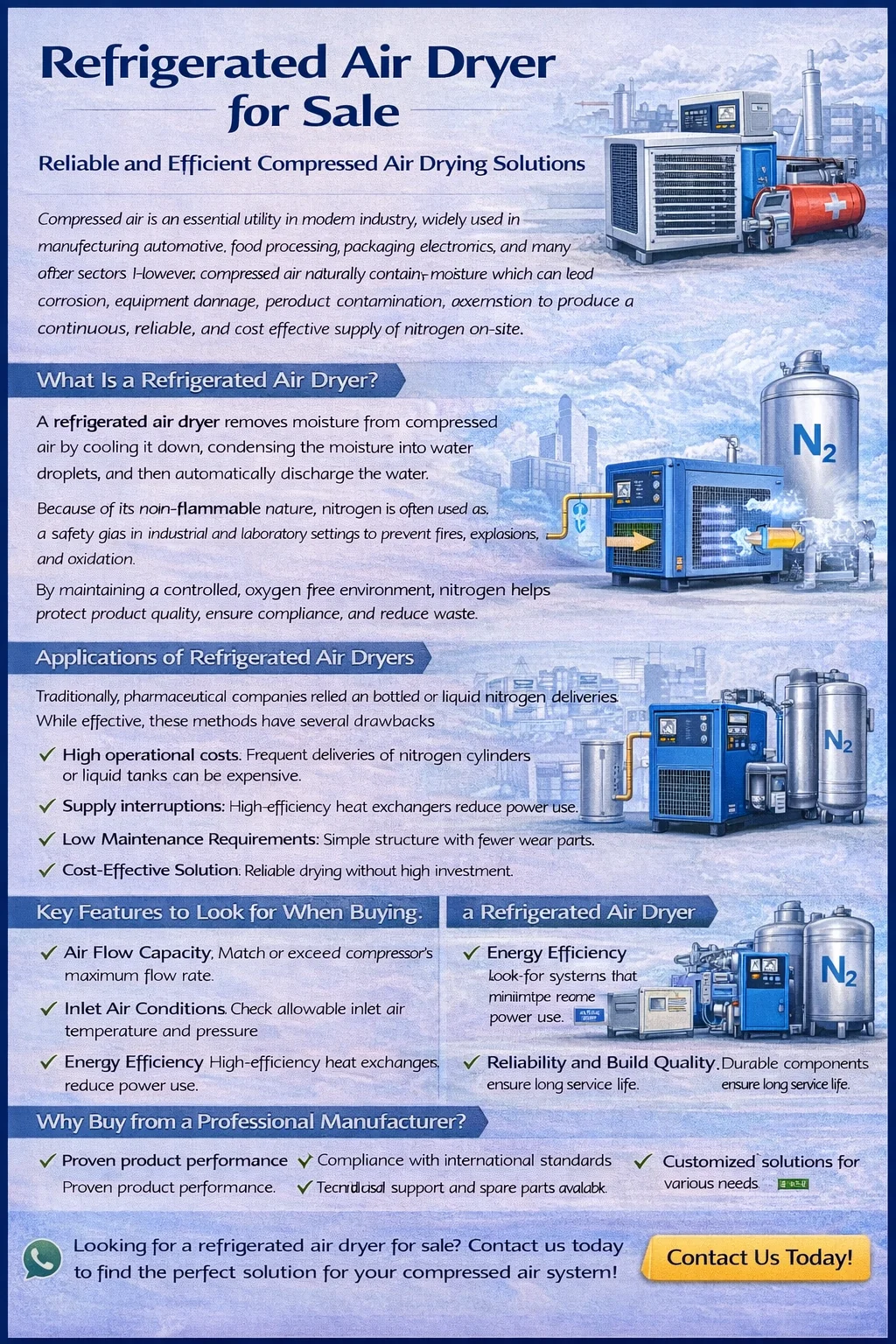If your facility relies on compressed air, one of the most important questions is: why does compressed air require a dryer? While compressed air may seem clean, it naturally carries water vapor, which can lead to equipment damage, contamination, corrosion, and costly downtime if left untreated.
This comprehensive guide explains why dryers are essential, the risks of moisture in compressed air, and how different dryer types solve these challenges.
Why Compressed Air Needs a Dryer in Industrial Applications
Compressing air naturally increases its humidity concentration. Even in dry environments, air contains water vapor. When compressed, this moisture becomes concentrated and condenses inside pipes, tools, and machinery.
Moisture in compressed air can cause:
Corrosion in piping systems – Rust and scale buildup damage pipelines.
Equipment failure – Pneumatic tools and machines wear faster due to water exposure.
Product contamination – Moisture ruins food, pharmaceuticals, and electronics.
Reduced efficiency – Wet air increases maintenance needs and reduces system lifespan.
A compressed air dryer ensures air is reliable, clean, and safe for critical industrial processes.
How Air Dryers Solve Moisture Problems
Air dryers remove water vapor and deliver dry, clean air to your system. Different types work in different ways:
Refrigerated Air Dryers – Cool the air so moisture condenses and drains.
Desiccant Air Dryers – Use moisture-absorbing materials to achieve ultra-low dew points.
Membrane Dryers – Force moisture through a permeable membrane for dry air output.
Deliquescent Dryers – Use chemical tablets to absorb water vapor.
Each type answers the question: why does compressed air require a dryer? – by eliminating moisture to protect equipment and processes.
Key Reasons Compressed Air Requires a Dryer
Protect Equipment Investment
Moisture damages compressors, valves, actuators, and pipelines. Dry air extends equipment life.Ensure Product Quality
In food, pharma, and electronics, moisture causes defects and rejects. Dry air maintains consistent quality.Prevent Corrosion and Blockages
Water in air forms rust and clogs equipment. Dryers prevent costly maintenance issues.Improve Energy Efficiency
Wet air increases pressure drops, forcing compressors to work harder. Dry air reduces energy waste.Meet Industry Standards
Compliance with ISO 8573 and other air quality standards requires proper drying.
Industries That Cannot Operate Without Dry Compressed Air
Food & Beverage – Prevents bacterial growth and contamination.
Pharmaceuticals – Ensures sterile, safe air.
Automotive & Painting – Prevents water spots, paint defects, and adhesion problems.
Electronics – Protects circuits from corrosion and short-circuits.
Manufacturing – Keeps pneumatic tools efficient and reliable.
FAQ – Compressed Air Dryers
Q1: Do I need a dryer if the environment is not humid?
Yes. Compressing air increases water vapor concentration regardless of ambient humidity.
Q2: Can compressed air be used without a dryer?
Technically yes, but it risks corrosion, contamination, and equipment damage.
Q3: Which dryer is best for ultra-dry air?
Desiccant dryers achieve very low dew points for sensitive industries.
Q4: Why is a dryer important in painting applications?
Moisture causes bubbles, blisters, and poor adhesion, ruining paint quality.
Q5: How do I know if my system needs a dryer upgrade?
If you see water in lines, rust, or product defects, your dryer may be insufficient.
Conclusion: Ensuring Moisture-Free Compressed Air
So, why does compressed air require a dryer? The answer is simple: to deliver clean, dry, and reliable air that protects equipment, ensures product quality, and reduces costs.
Whether you choose a refrigerated, desiccant, membrane, or deliquescent dryer, the goal remains the same: moisture-free air for safe, efficient, and reliable operations.
Understanding the need for a compressed air dryer is the first step toward long-term reliability and success in any industrial compressed air application.
Related products:
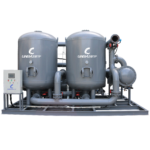
2.Energy saving -self-developed EBZ200-2 multi-core driver, compared withthe fixed cycle mode, can save more than 10% of comprehensive energyconsumption;
3. Dew point energy-saving control (optional), in the working condition ofload fluctuation, it can extend the adsorption time and reduce thecomprehensive energy consumption by more than 30%
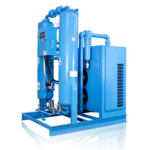
Integrated design: small footprint, easy to install, after years of technical research, modern technology and equipment production, each product is strictly tested to meet the use of standards before leaving the factory.
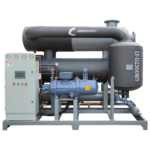
The 8830 CFM refrigerated air dryer (water cooled) is a top-tier industrial solution engineered to remove moisture from large-scale compressed air systems. Built for ultra-high capacity applications, this dryer ensures consistently dry air with a stable dew point and superior thermal control using an advanced water-cooled condenser system.

